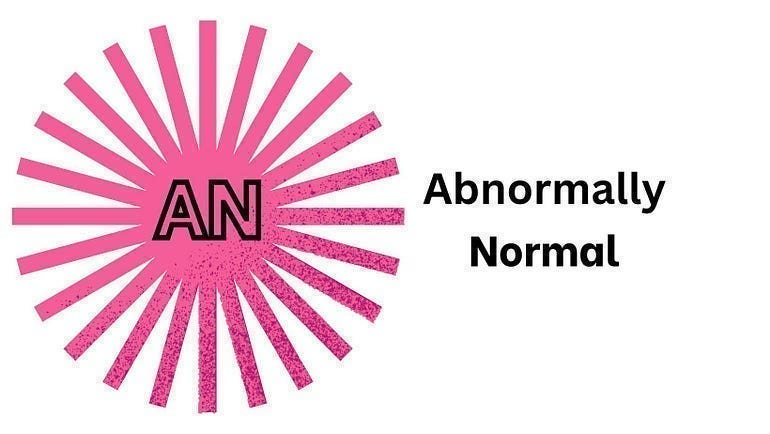We Need Quantity To Find Our Way To Quality
Mastery is achieved through practice, and practice brings us closer to perfect

“The best is the enemy of the good.” — Voltaire
In our quest to be the best at something, we become consumed with finding a way to be the best that we forget to practice what we actually want to be the best in. But there are no shortcuts.
Perfectionism is self-sabotage; it lures us into a state of inertia. It freezes us in a place of planning and strategising but not actually doing.
The process of learning and improving revolves around repetition. Repeating behaviour and practices is the only way to learn from our mistakes and grow through experience, trial, and error.
“The bridge between knowledge and skill is practice. The bridge between skill and mastery is time.” — Jim Bouchard
Focus on quality, and this happens
Luckily, I’m not a perfectionist. I produce a high quantity of adequate or good quality work.
My husband, on the other hand, is a perfectionist. He is trapped in the mindset that whatever he does has to be perfect. This perfectionism squanders his quantity, and while the quality of his work is good, he doesn’t benefit from the process of trial and error.
Think of the writer who is so determined to write a best seller. They may take 10 years to work on this one book. If they could overcome this need for immediate quality, they could write one book a year and use each as a stepping stone toward their vision of “perfect.”
When perfectionism overrules us, we focus too deeply on irrelevant details, so much so that, ironically, perfection passes us by.
Quality has its place
I’m certainly not encouraging you to be slapdash in everything you do. Quality has its place, but my point is if we are constantly waiting for stars to align to give rise to “perfect,” we will be waiting a long time with nothing to show for ourselves. Sometimes, we have to get on with things and trust that we will find quality through the process of quantity.
Practice makes perfect, as they say.
The proof is in the photo
In the book Atomic Habits, James Clear provides a persuasive example of quantity as the path to quality.
“On the first day of class, Jerry Uelsmann, a professor at the University of Florida, divided his film photography students into two groups.
Everyone on the left side of the classroom, he explained, would be in the “quantity” group. They would be graded solely on the amount of work they produced. On the final day of class, he would tally the number of photos submitted by each student. One hundred photos would rate an A, ninety photos a B, eighty photos a C, and so on.
Meanwhile, everyone on the right side of the room would be in the “quality” group. They would be graded only on the excellence of their work. They would only need to produce one photo during the semester, but to get an A, it had to be a nearly perfect image.
At the end of the term, he was surprised to find that all the best photos were produced by the quantity group. During the semester, these students were busy taking photos, experimenting with composition and lighting, testing out various methods in the darkroom, and learning from their mistakes. In the process of creating hundreds of photos, they honed their skills. Meanwhile, the quality group sat around speculating about perfection. In the end, they had little to show for their efforts other than unverified theories and one mediocre photo.”
Quantity leads to quality.
Build strong habits and edge yourself closer to quality
Many of us are masters of procrastination, but if we galvanize ourselves into action and increase the quantity of the work we produce, we will escalate the learning process and move closer to the high quality we strive for.
Quality is found through experience. Experience is achieved through doing.
As a running coach, I am often asked how an athlete can improve their performance over hills. The answer is so simple that it’s often overlooked. For an athlete to improve over hills, they must run regularly on hills. There are no shortcuts or easy options. They may read about the theory, but they will only start to improve when they are actually moving up a hill and practicing the required technique.
The same goes for everything. If you want to be better at meditating, then meditate regularly. If you want to improve your content creation skills, get creating content and see how your audience responds.
Quality often eludes us when it is our sole focus; instead, let’s build the habit and improve our quality through quantity, just like the writing process.
How do you find a balance between quantity and quality? I’d love to hear your input in the comments.
Thanks for reading Ali Hall
This article was initially published on Substack. If you enjoyed this piece, please subscribe to the Abnormally Normal Newsletter. A substack newsletter with weekly word hugs for everyone who feels they don’t fit in.

